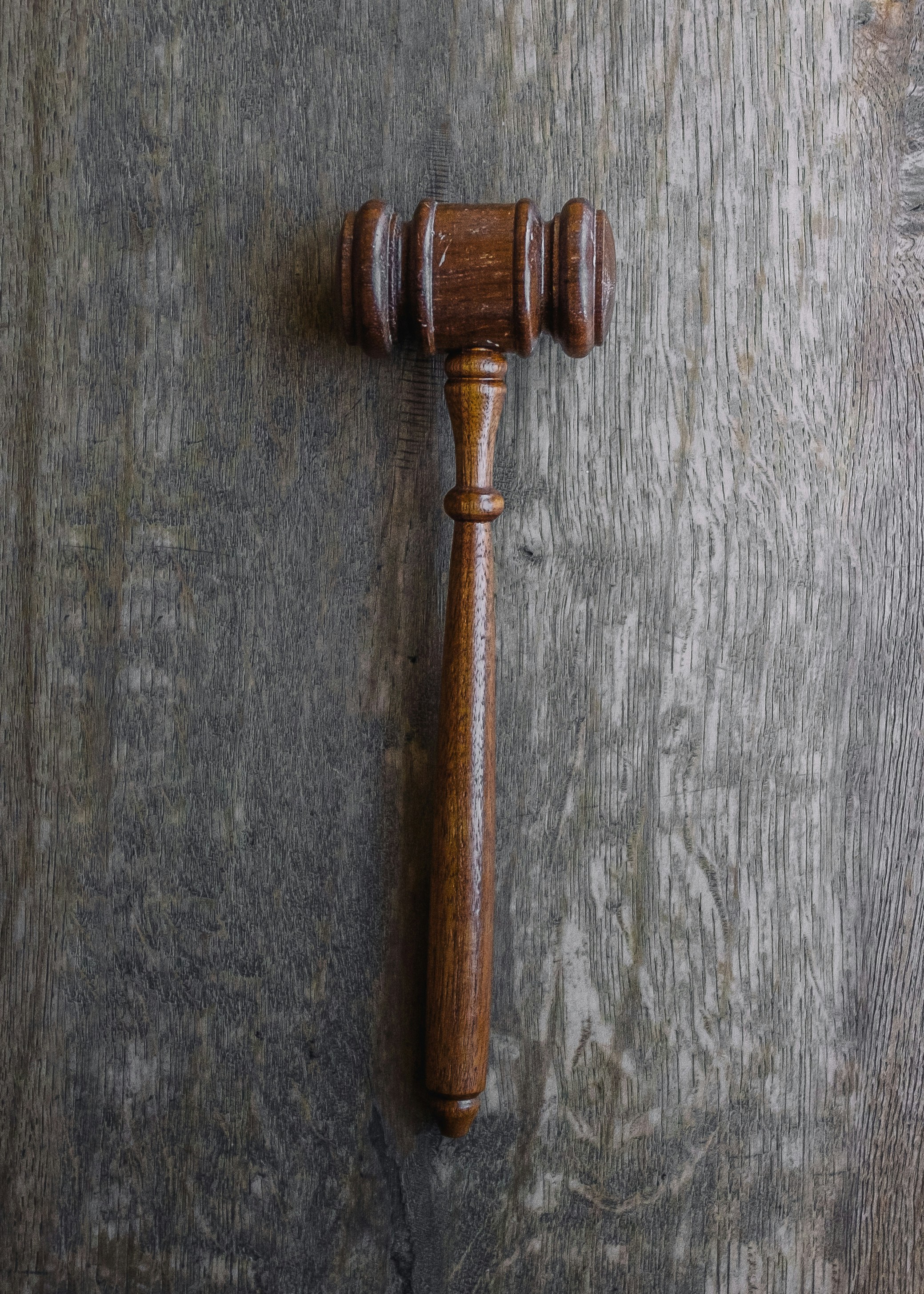In the fast-paced, ever-evolving world of artificial intelligence (AI), a question has been posed: Can AI be an inventor? So far, the decisions reflect an unequivocal “no.”

The DABUS Case: AI as an Inventor?
This intriguing question was brought to light by Stephen Thaler, a computer scientist from the United States. Thaler sought to register patents for inventions allegedly created by his AI system, known as DABUS, which “invented” a novel food packaging design and a unique type of flashing light.
AI Inventorship: The Verdicts from UK and US Courts
The UK Supreme Court recently delivered a verdict stating that an AI system cannot be recognized as an inventor on a patent application. This ruling is inline with a similar decision by the US Patent Office, which declared that only “natural persons” could be recognized as inventors. In the US scenario, the Patent and Trademark Office rejected two patents where DABUS was listed as the inventor.
The Future of AI and Patent Law
These landmark rulings carry significant implications as the use of AI tools continues to expand. They underscore the ongoing debate about the role of AI in invention and highlight the need for a reassessment of current criteria for inventorship.
As AI continues to advance and innovate, the legal and ethical questions surrounding AI inventorship will continue to challenge our conventional understanding of invention and creativity. The intersection of AI and patent law is just one of the many areas where technology is outpacing legislation, emphasizing the need for continuous dialogue and adaptation.